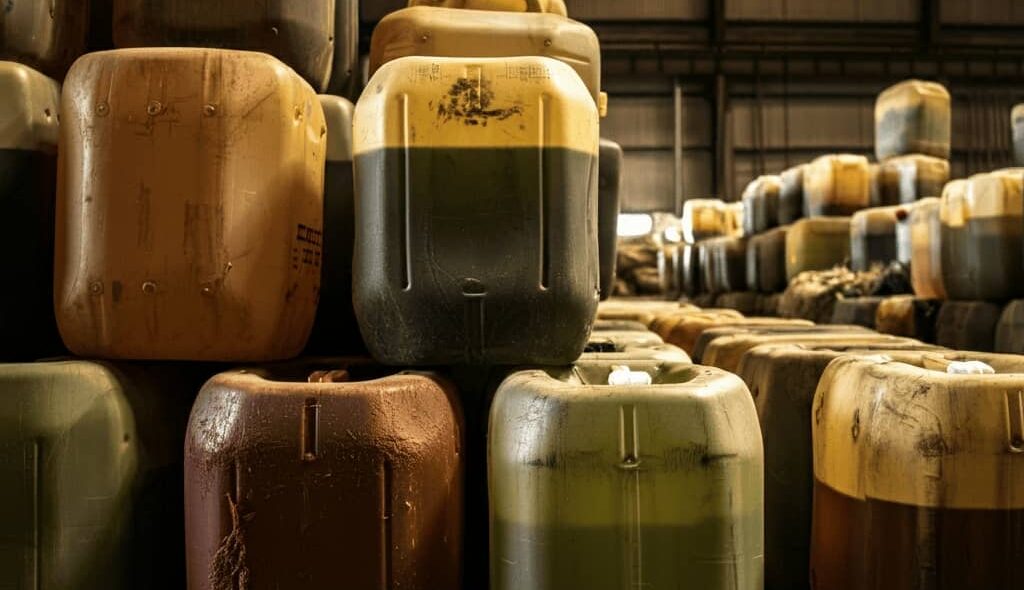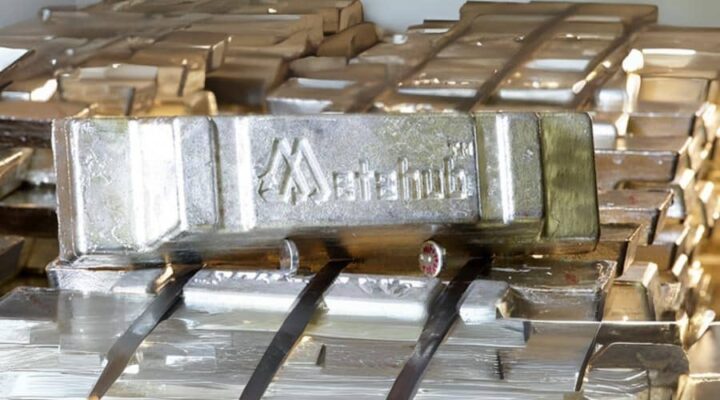Manufacturing facilities often face significant challenges in handling and disposing of hazardous waste, including spent inorganic acids classified under SW206. These acids, used in various industrial processes, must be disposed of carefully to avoid harming workers, damaging the environment, and violating regulatory requirements. Managing SW206 waste efficiently can seem overwhelming, but with the right approach, it’s possible to implement a cost-effective solution that ensures safety, compliance, and long-term savings. In this blog, we’ll explore what qualifies as SW206 waste, the risks of improper disposal, and the most efficient strategies for handling it.
Understanding SW206 Waste
SW206 refers to spent inorganic acids used in industrial and manufacturing processes, which have lost their utility and require disposal. These acids can include sulfuric acid, hydrochloric acid, and nitric acid, all of which pose hazards due to their corrosive nature.
Common sources of SW206 waste in manufacturing include:
- Metal surface treatment and etching.
- Electroplating and cleaning processes.
- Chemical manufacturing and refining.
- Laboratories and industrial plants.
Since these acids are often contaminated with other hazardous substances, such as heavy metals, they require careful management and disposal to prevent harm to workers and the environment.
Risks of Improper Disposal
- Health Risks to Workers Spent inorganic acids are highly corrosive and can cause severe skin burns, respiratory issues, and eye damage if not handled properly. The improper storage or disposal of these materials can expose workers to dangerous chemicals, leading to health complications and workplace injuries.
- Environmental Contamination If SW206 waste is improperly disposed of in landfills or through illegal dumping, it can seep into soil and water sources, causing severe environmental contamination. Acidic waste can lower the pH of water bodies, harming aquatic life and disrupting ecosystems. Additionally, heavy metals in the waste can accumulate in plants and animals, creating long-term ecological damage.
- Regulatory Fines Malaysia’s Environmental Quality Act 1974 and its Scheduled Wastes Regulations 2005 strictly regulate the handling, storage, and disposal of hazardous waste, including SW206. Non-compliance with these regulations can result in hefty fines, legal action, and even the temporary shutdown of manufacturing operations. The Department of Environment (DOE) closely monitors waste disposal practices, making it essential to adhere to the laws governing spent acid management.
Cost-Effective Disposal Solutions
- Professional Waste Management Services Partnering with a certified waste management provider is one of the most cost-effective ways to ensure proper disposal of spent inorganic acids. A professional service will handle every aspect of waste management, from identifying and classifying the acids to transporting and disposing of them in compliance with all regulations. This approach mitigates the risks of non-compliance and protects your business from costly legal penalties.
- Recycling and Recovery Options for Certain Types of Acids In some cases, spent inorganic acids can be recycled or recovered for reuse in industrial processes. Recycling can reduce the overall volume of waste and lower disposal costs. For example, sulfuric acid used in metal finishing processes can often be treated and reused, creating a sustainable waste management cycle that saves both resources and money.
- Safe Storage and Transportation Methods Safe storage and transportation are critical to preventing accidents and ensuring compliance. Acid waste must be stored in corrosion-resistant containers that are properly labeled, and only certified transporters should handle the waste. This not only safeguards workers but also ensures that the waste reaches licensed treatment facilities where it can be disposed of safely and legally.
How Professional Services Save Money
- Reduced Risk of Fines Working with a licensed waste management provider helps you avoid regulatory fines and penalties associated with non-compliance. By ensuring that your waste disposal practices meet DOE standards, you protect your company from costly legal consequences.
- Efficient Waste Handling Professional waste management companies have the experience and expertise to handle waste efficiently. This reduces operational downtime and ensures that waste is disposed of promptly and safely, allowing your business to focus on its core operations without disruptions.
- Compliance with Laws to Avoid Shutdowns Failing to properly dispose of hazardous waste can result in the shutdown of your manufacturing facility, either temporarily or permanently, depending on the severity of the violation. This can lead to significant financial losses, not only from halted production but also from the potential loss of clients. By staying compliant with hazardous waste regulations, you can avoid these costly business disruptions.
If your manufacturing facility handles spent inorganic acids, it’s essential to explore cost-effective disposal options that ensure compliance and protect your business. At Metahub, we specialize in providing comprehensive waste management solutions for SW206 waste. Contact us today to schedule a consultation and learn how we can help you safely and efficiently manage your spent acid disposal needs, saving you both time and money in the long run.





